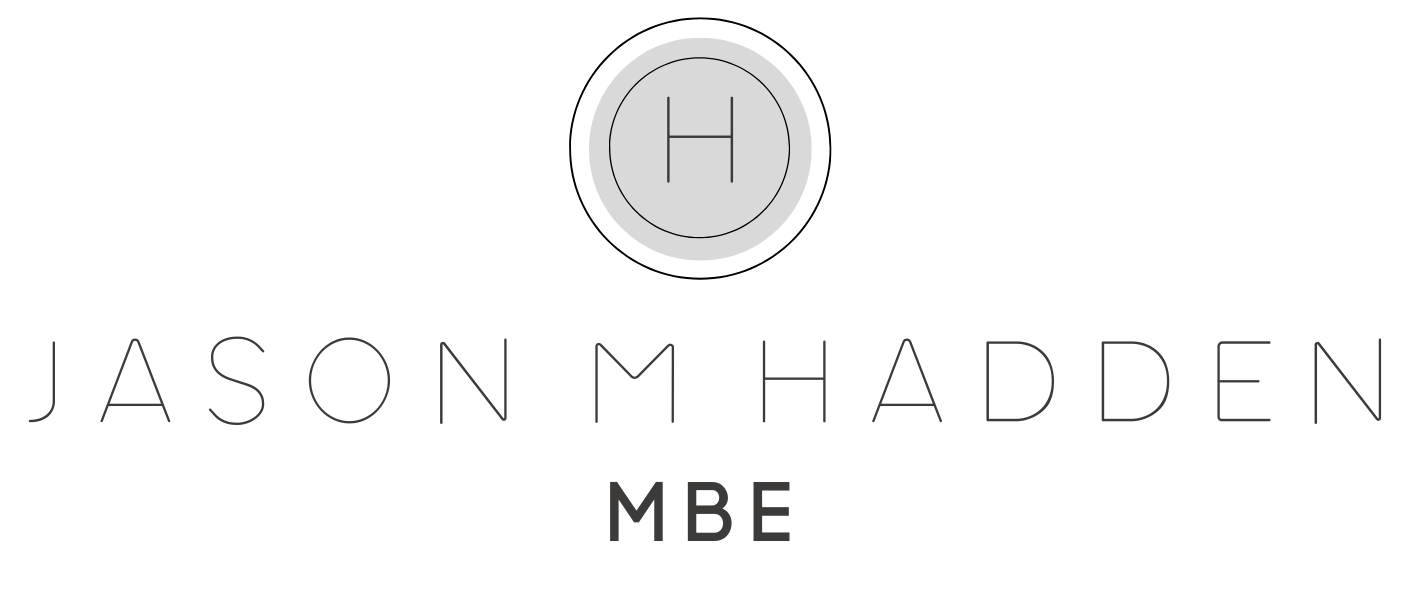I get asked a lot about parental alienation. It often comes up in private law cases involving children. Whilst I do not think that this is a definitive definition by any stretch of the imagination - it is often helpful to actually just look and see what Cafcass themselves say:
“While there is no single definition, Cafcass uses the term alienating behaviours to describe circumstances where there is an ongoing pattern of negative attitudes, beliefs and behaviours of one parent (or carer) that have the potential or expressed intent to undermine or obstruct the child’s relationship with the other parent. It is one of a number of reasons why a child may reject or resist spending time with one parent post-separation.
Alienating behaviours present themselves on a spectrum with varying impact on individual children, which requires a nuanced and holistic assessment. Our role is to understand each child’s unique experiences, the potential contribution of these behaviours, and how they may be mediated by other factors such as the child’s resilience and vulnerability, other aspects of the co-parenting relationship, or the quality of parenting by each individual parent/carer.
Both men and women can demonstrate alienating behaviours. While alienating behaviours can be demonstrated solely by one parent, it is often a combination of child and adult behaviours and attitudes, with both parents playing a role, that lead to the child rejecting or resisting spending time with one parent. The role of new partners/ step-parents also needs to be taken into consideration. These behaviours and indicators can include: negative attitudes, behaviours and beliefs that denigrate, demean, vilify, malign, ridicule or dismiss the child’s other parent. It includes conveying false beliefs or stories to, and withholding positive information from, the child about the other parent together with the relative absence of observable positive attitudes and behaviours (Johnston and Sullivan, 2020).
They can also include spurning, terrorising, isolating, corrupting or exploiting, and not responding appropriately to the child’s emotional needs. These tactics can foster a false belief that the parent who has been subject to the alienating behaviour is dangerous or unworthy. Children may adapt their own behaviours and feelings to the alienating parent to ensure that their attachment needs are met (Baker, 2010).
Even in the most extreme cases where a child is subject to alienating behaviours, the child may hold strong views of their own in addition to those they may have been coached to believe. The rationale as to why a child holds specific views will be explored in our assessments. Where a child is subject to alienating behaviours, it may be in their interests for the authority of the court to be used to work towards restoring the relationship, although we are aware of how difficult this can be. The court must carefully balance its decisions to ensure that both children and adults are kept safe and ensure that children are able to maintain relationships with both parents where this is safe and in the child’s best interests.”
I appreciate that it is not always the case that an individual officer for the purpose of a s.7 report always gos through this definition; but it is a helpful starting point. If your case involves parental alienation, or you think it does; or indeed, if you have been accused of it then it is always a good idea to take advice in a Conference with me.

